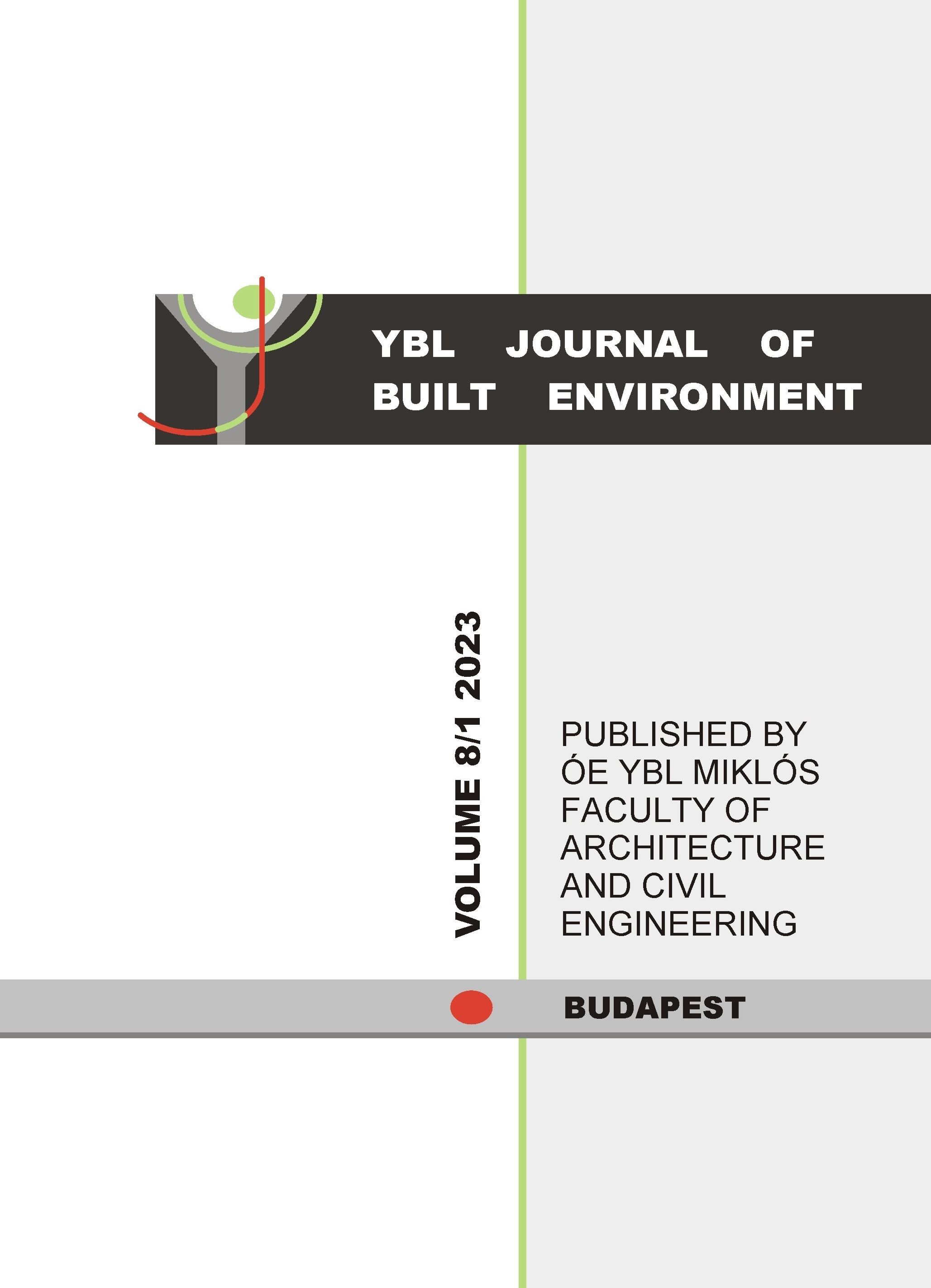Some Cosmological Roots of Modern Architecture
Keywords:
Modernism, Islam, Buddhism, Judaism, Albert EinsteinAbstract
This paper investigates the links between some oriental cosmologies and modern architecture, stemming from major non-Western religions, such as Buddhism, Islam and Judaism as well as from Einstein’s theories. It analyses both the direct impact of these concepts, influencing modernism at a theoretical level, and their indirect impact through historic non-Western architecture, mainly Buddhist and Islamic. While modernist theoreticians and architects frequently emphasised functional and technical priorities of modernism, I argue that modernism was far less rational than it is commonly thought, and that it was substantially influenced by non-Western thought, particularly in its early period.
This paper considers two main innovations of modernism resulting from oriental concepts of void: (1) the flat and undecorated façade, the avoidance of traditional ‘façade-discourse’, (2) the promotion of space as the main objective of architecture. The impact of Buddhist, Islamic, Judaic and the Einstenian cosmologies on modernism are considered
Downloads
Published
Issue
Section
License
Copyright (c) 2024 YBL Journal of Built Environment

This work is licensed under a Creative Commons Attribution-NonCommercial-NoDerivatives 4.0 International License.


